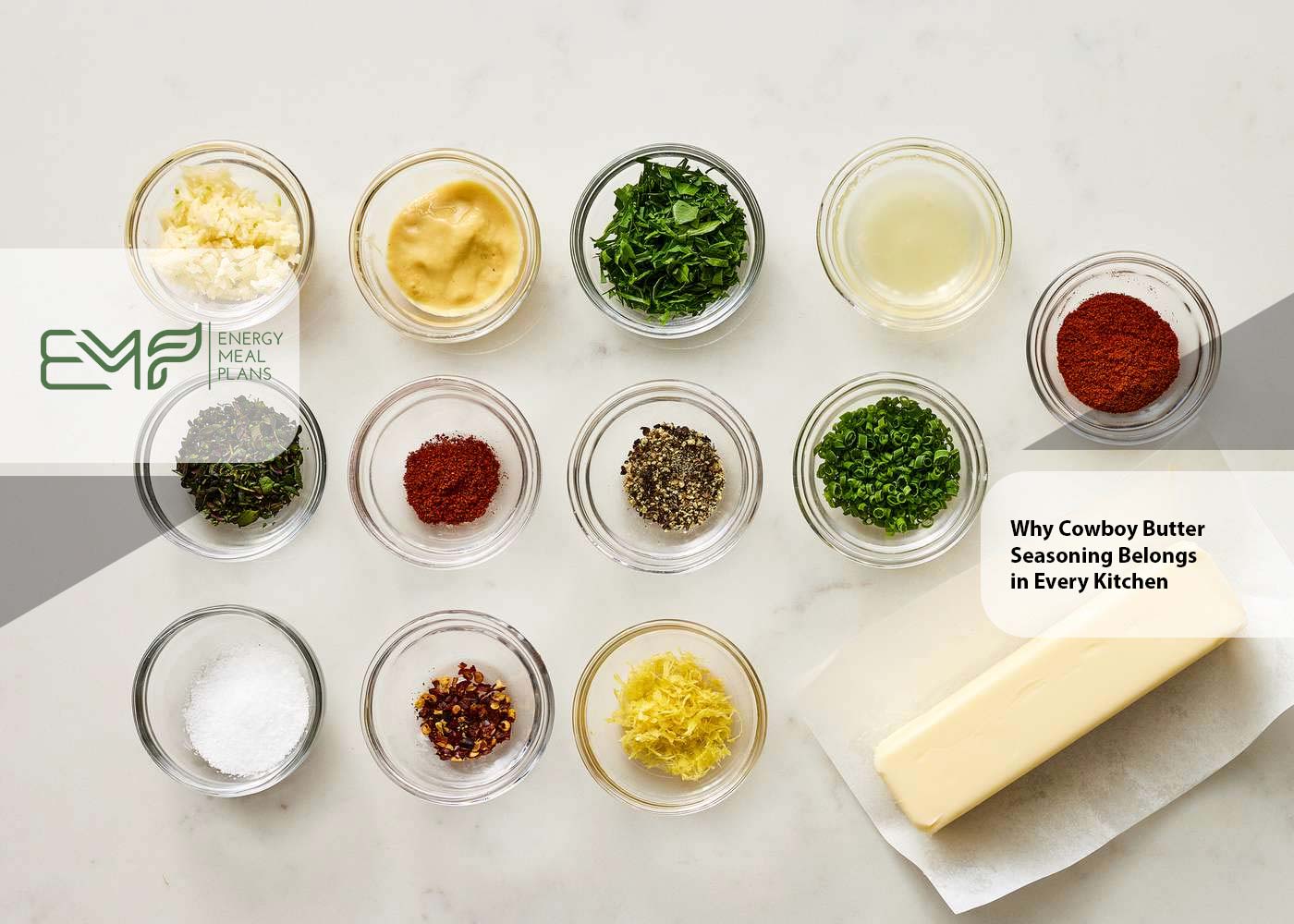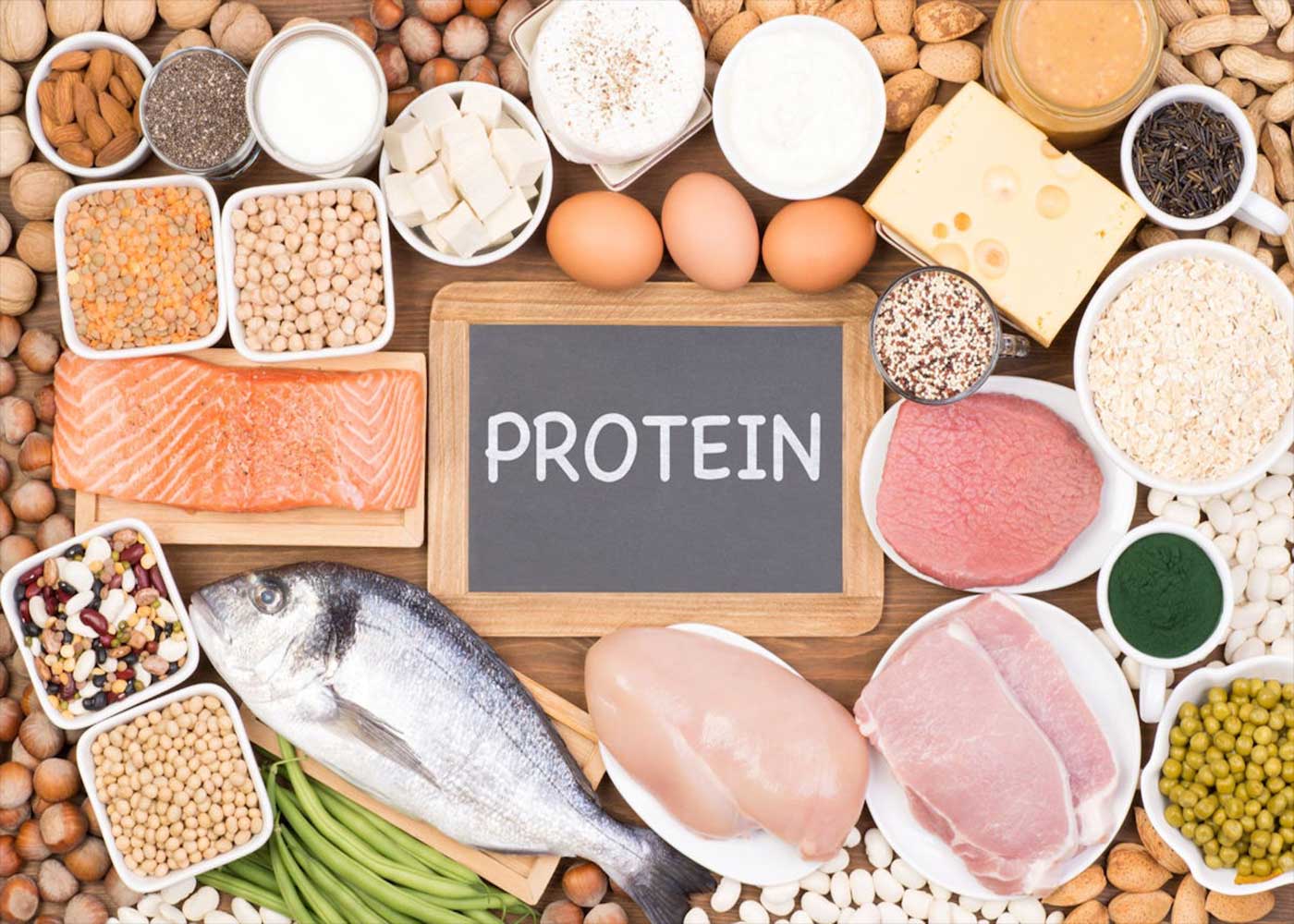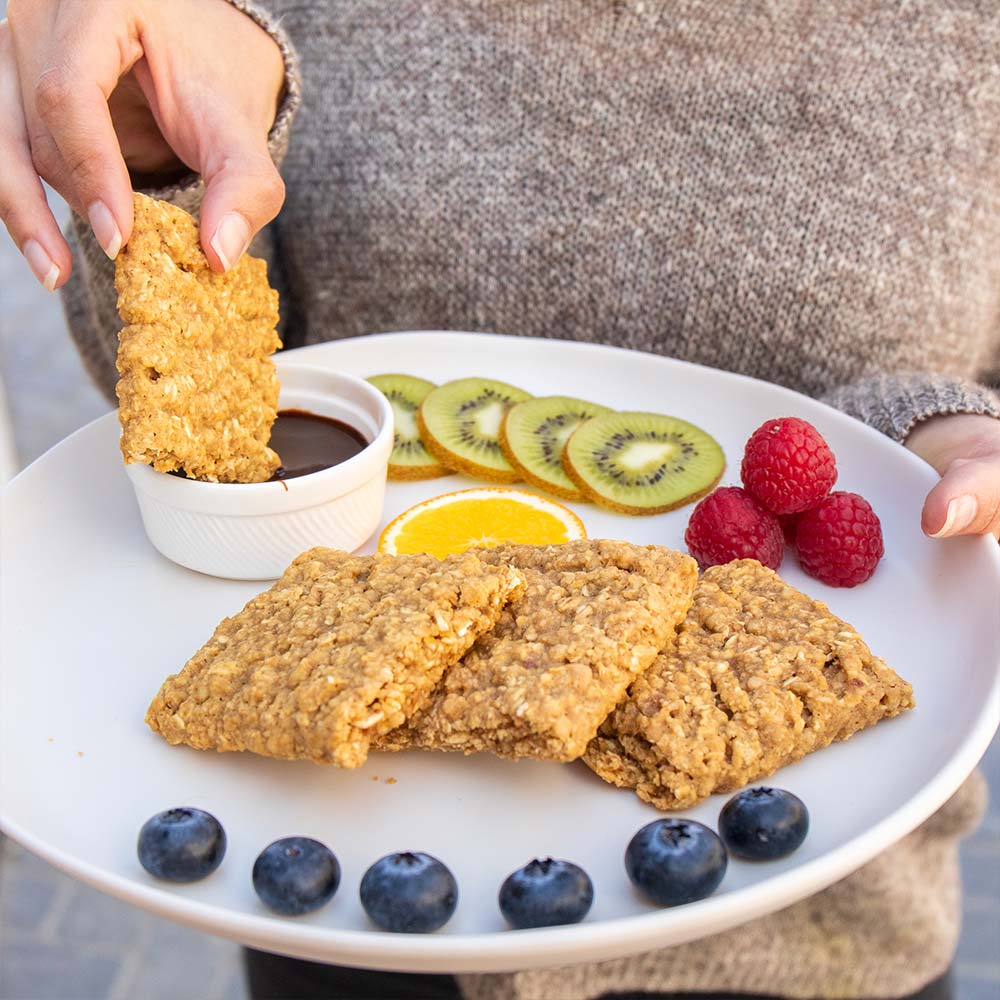In most cases, people associate muscle gain with lifting weights and taking protein-based drinks. Even though these are basic elements of the muscle-building regimen, the food you consume is equally important. Getting the right foods and planning the right meal times to pack on muscles exercises a powerful influence on putting on muscles. However, going beyond the standard diet of chicken breast, eggs, and whey protein, some less popular yet effective foods will help your eating schedule to gain muscle mass faster and healthier.
If you have been searching for the best foods that can
improve muscle growth, there are some foods you are probably not aware of. They
are not only foods full of nutrients needed to generate muscle tissues and
repair but also contain other elements that can make a difference in your
fitness training.
The Science of Muscle Growth
However, to analyze which foods exactly are beneficial for
muscle mass gain, you need to know how muscles grow in general. During
exercise, and particularly during strength training, microscopic muscle-fiber
damage occurs. By fusing the fibers, the body repairs these tears, in the
process establishing greater muscle mass. This process which is referred to as
muscle hypertrophy, involves ingestion of adequate protein together with carbohydrates,
fats, vitamins and minerals in the body.
However, muscle growth is not achieved simply by consuming a
massive amount of food. It’s about when to eat and what to eat about the
particular metabolism type you may possess. If you want muscle recovery and
growth, you need to care about the quality of the nutrients you inject into
your body and the time you choose for eating.
Quinoa: The Complete Protein Powerhouse
Even though quinoa is promoted as a kind of superfood it
still hasn’t received the attention it deserves where muscle-building diets are
concerned. Of all the plant foods, quinoa is rich in proteins, and since it is
a complete protein food, this product contains all the amino acids required in
the human body that are not synthesized by the human body. It makes it a
perfect meal for vegetarians and vegans who want to boost their muscle mass.
Cottage Cheese: Slow-Digesting Protein
Cottage cheese may not get as much love as Greek yogurt, but
it’s one of the best muscle-building foods out there—and perfect for dinner.
Cottage cheese is particularly rich in casein which is a slow-acting protein
that feeds your muscles with amino acids while you sleep. It can be very useful
during nighttime when the muscles are broken down even when you are asleep –
the time when muscles rebuild.
A cup of low-fat cottage cheese provides about 24 grams of
protein and is also rich in calcium; the latter helps in the contraction and
formation of bones. To this, you can add some nuts or seeds to the cottage cheese
so that you get some form of the healthy fats in your body as well as the other
proteins.
Pumpkin Seeds: Nutrient-Dense Snack
If you thought that you needed supplements to build muscles,
just try pumpkin seeds, a snack rich in nutrients to boot. These seeds are also
packed with lean protein and essential fats and minerals like magnesium, zinc,
and iron that are useful for muscle health.
A cup of pumpkin seeds has approximately 35 calories and 1/4
cup of these seeds is packed with nearly seven grams of protein, necessary
omega-3 fatty acids which possess anti-inflammatory abilities. Omega-3 fatty
acids can also Prolong exercise recovery time by lessening the muscular
discomfort after workouts. Furthermore, the seeds also contain zinc which is
vital in the synthesis of testosterone responsible for muscle mass development.
Oysters: The Zinc Boost for Testosterone
In people’s imagination, there is also no idea that seafood
can be classified as muscle-building food. At the same time, oysters are known
to be rich in zinc, a microelement that is inextricably connected with
testosterone concentrations in the blood. Testosterone plays an important role
in muscle repair and growth hence making oysters an important food for
bodybuilders.
Consequently, six medium-sized oysters contain roughly 32mg
of zinc – that is far more than the daily recommended amount. Oysters also
provide lean protein with 10g per 100g, and omega fatty acids which are
important for muscle recovery.
Tempeh: A Fermented Protein Alternative
Tempeh is simply a soybean food that has been fermented
compared to its more famous cousin, tofu. Nevertheless, tempeh is more
flavorful and contains more nutrients and protein; it has other health benefits
because it is a fermented food. Through fermentation, the nutrients in tempeh
become bioavailable, which that implies, your body can metabolize it more
efficiently.
One cup of tempeh has approximately 31 grams of protein,
fiber and healthy fats. It also contains manganese, a mineral that is good for
bones and muscles. Indeed, for followers of plant-based diets, tempeh would be
an apt protein-rich food to be incorporated into one's diet to boost muscle
gain.
Lentils: The Plant-Based Protein Power
Lentils are another wholesome source of protein derived from plants that many muscle-building diets do not consider. Lentils are incredibly useful and can be simply added to soups, and salads or create tasty lentil burgers if wanted. Lentils are rich in protein, containing approximately 18 g of protein per cup, and are also easy on the digestive system because they include fiber.
Also, there is only about 200mg of sodium per hundred grams
of lentils, which is a great source of iron and B vitamins that are needed for
the production of energy and the muscles’ rebuilding process. In addition, for
individuals who, desire muscle mass gain as well as less calories and fat,
lentils are a good choice.
Beets: The Nitrate-Rich Performance Enhancer
Beets probably are not the first foods that come to your
mind when you think about muscle-building nutrition, but they contain nitrates
which can help improve your workouts. The dietary nitrates you consume are
turned into nitric oxide in your body and end up enhancing blood flow and oxygen
delivery to your muscles during physical exercise.
Besides the nitrates, beets contain folate, manganese and
fibre and therefore it is beneficial for anyone who wants to build muscles to
include beets in their diet plan. A study also indicates that drinking beet
juice before a workout enhances performance while decreasing the level of
oxygen required by muscles during activity.
Buckwheat: A Gluten-Free Grain to Gain Muscles
Another overlooked grain that is perfect for bodybuilding is
Buckwheat. It is free from gluten and offers the following nutrients; protein,
fibre and essential amino acids. However, lysine is an outstanding nutrient in
buckwheat, which makes it exceptional when it comes to tending muscles and
development.
One steamed cup of buckwheat contains protein of about 6gm
and contains a fair amount of magnesium which helps to control muscle movements
and metabolisms. Buckwheat also contains antioxidant compounds that prevent
inflammations and muscle soreness, especially after working out intensely.
Greek Yogurt: The Double Protein Punch
Muscle-building diets regularly include Greek yogurt, which
should be praised for its qualities. Greek yogurt is loaded with protein; the
traditional cup of Greek yogurt, for instance, contains about 20 grams of
protein, which contains both casein and whey protein. It contains both slow and
fast-acting proteins which means it can be consumed at any time – be it
immediately after a workout, at lunch, dinner or even just before bed.
Besides protein, having high calcium, which helps muscles to
contract and bones to gain strength, Greek yogurt is quite beneficial for the
body. It also has obtained probiotics that contribute to enhanced gut health
and therefore nutrient assimilation and digestion.
Chia Seeds: The Tiny Nutritional Powerhouse
Chia seeds are tiny seeds, but they contain qualities that
help in building muscles. These seeds are abundant in omega-3, fiber, and
protein with a protein level of 5 on every 2 tablespoons. Chia seeds contain a
rich source of fiber that makes digestion slow resulting in giving a constant
supply of energy as well as keeping you fuller all the time.
Chia seeds are also unprocessed sources of calcium,
magnesium, and phosphorus which are important in muscle and its recovery. They
can swell to contain up to 10 times their original weight of water, and
therefore, are considered to be a very healthy food for the muscular system for
purposes of avoiding body swelling during exercises.
Conclusion
Muscle gain is therefore not only about what you do in the
workout session, but also what you consume on the plate. Many regular exercise
and muscle-building foods such as chicken, eggs and whey support this process,
but it could be more interesting to add unusual foods into your diet. Food such
as quinoa, cottage cheese, pumpkin seeds, oysters, tempeh, lentils, beets,
buckwheat, and Greek yogurt all hold special benefits that may rocket your
muscle-building process.
When you add these fuel-rich foods to your diet you stand to
benefit from them as they provide your body with all the nutrients it needs for
muscle building, healing and remodeling. Important to note here is that these
foods coupled with the right eating plan and strength training exercises will
give you the best results. For those involved in muscle building or hoping to
hit new milestones, these foods can help you reach your fitness goals and
sculpt the body you’ve desired.






























